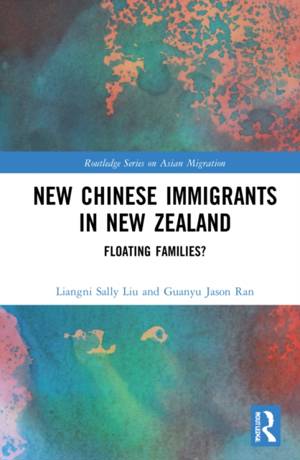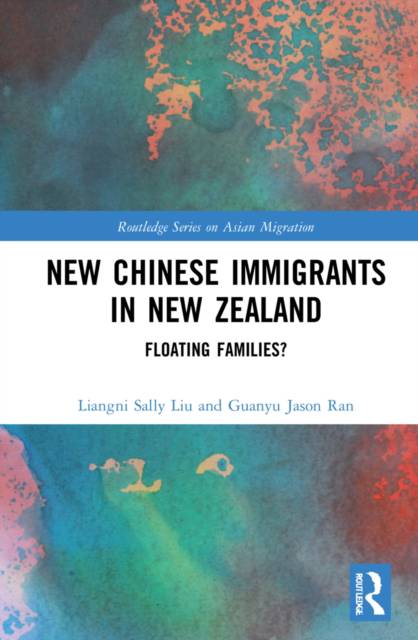
- Retrait gratuit dans votre magasin Club
- 7.000.000 titres dans notre catalogue
- Payer en toute sécurité
- Toujours un magasin près de chez vous
- Retrait gratuit dans votre magasin Club
- 7.000.000 titres dans notre catalogue
- Payer en toute sécurité
- Toujours un magasin près de chez vous
Description
This book focuses on new immigrant families from the People's Republic of China to New Zealand and investigates how these families have adapted to New Zealand immigration policy regime, which does not accommodate their cultural preference to live as multigenerational families easily. The book analyses a three-generation framework: First-generation adult immigrants, their children and older parents. It examines how migratory mobility and intergenerational dynamics configure migratory trajectories of individual family members and shape their family lives and sense of identity.
The book sheds light on how different family generations pursue their own interests and goals while maintaining family unity and cohesiveness in contexts of increasing transnational mobility opportunities and constraints. It also investigates how familial ties, transnational connections and a sense of identity and belonging are defined and redefined during the process of transnational migration. This book can serve as a heuristic reference to and meaningful comparative parameter for studying transnational family migration in other contexts.
As a significant theoretical contribution to the theory of transnational family formation in contexts where restrictive immigration policies result in members of multigenerational families living across different countries, this book will be of interest to academics in the fields of sociology, anthropology, race and ethnic studies as well as Asian and Chinese studies.
Spécifications
Parties prenantes
- Auteur(s) :
- Editeur:
Contenu
- Nombre de pages :
- 136
- Langue:
- Anglais
- Collection :
Caractéristiques
- EAN:
- 9780367762858
- Date de parution :
- 29-11-21
- Format:
- Livre relié
- Format numérique:
- Genaaid
- Dimensions :
- 156 mm x 234 mm
- Poids :
- 385 g







